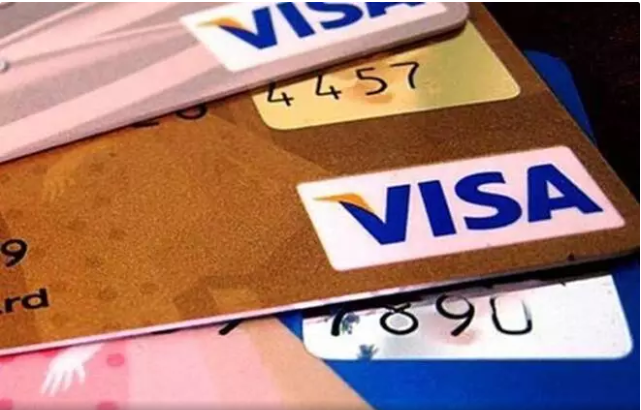Are you struggling with high credit card dues after opting for the loan moratorium? Here are five smart tips for individuals to significantly reduce their debt burden.
The six-month loan moratorium which was announced by the government to provide relief to small and middle-income borrowers has been counterproductive for many individuals.
A number of individual borrowers, especially those who own a credit card, have found themselves in a pool of debt after a period of temporary relief during the six-month moratorium. Credit card users who opted for the moratorium have seen their equated monthly instalments (EMIs) shoot up as the interest kept accruing during the moratorium period.
The compounded interest charges have resulted in hefty monthly dues and a large outstanding amount for many credit card holders, considering that the interest on such borrowings is already very high.
Having said that, if you are finding it hard to cope with higher credit card dues and want to get rid of them, there are some options at your disposal. We discuss a few options that can help you:
1) Balance transfer facility: One way to reduce the burden of high credit card dues and high rate of interest is by transferring the outstanding balance to another credit card at a lower rate of interest. This is the most common facility that individuals can use to reduce their burden as the credit card companies offer a low percentage of interest or introductory rates to customers who want to transfer their outstanding balance. Those who opt for the balance transfer facility will not have to pay a penalty in addition to paying interest on the outstanding amount at a much lower interest rate.
2) Try paying the minimum due without fail: In case you hold more than one credit card and are facing a financial crunch, try paying the minimum due amount for each card without fail. Failing to do so will attract high penalties that can derail your future repayment plan. You should also prioritise repaying the amount for the credit card with the highest interest to significantly reduce your debt burden.
3) Convert outstanding amount to EMI: Another way you can reduce credit card debt burden is by converting the outstanding amount on your card to EMIs. This rate is usually much lower than you would usually pay in a normal scenario. Credit card outstanding dues generally need to be cleared on a monthly basis, failing which attracts a high rate of interest. If you are under financial pressure, avail the ‘convert to EMI’ option given by your bank to reduce your overall interest burden.
4) Convert to personal loan: It is no secret that credit cards usually attract the highest rate of interest among all other borrowing options. Failing to make monthly payments can dent your finances severely. If you have fallen in a credit card debt trap — a high rate of interest on outstanding amount — one way of reducing debt significantly is by opting for a personal loan. Although personal loans also come with a high rate of interest, it is much lower than the rate for credit cards. You can calculate the outstanding amount on your credit card and avail a loan from the bank which offers you the cheapest interest rate. Then clear your outstanding credit card/cards due at one go. This may hit your credit score temporarily but still advisable since you won’t have to pay steep interest on your credit card expenses. While availing the personal loan, select a comfortable tenure which does not overburden you.
5) Cut back on all unnecessary expenses: The lockdown has been hard on people, especially the middle-class population. Many credit card holders are struggling at the moment due to job and income loss. In this situation, credit card discipline — restraining yourself from spending on unnecessary stuff — is crucial. Experts say managing credit cards are simple if simple rules are followed. In a situation where your existing credit card debts are high, try not to pile on new debt as it will make your goal of becoming debt-free much easier.


